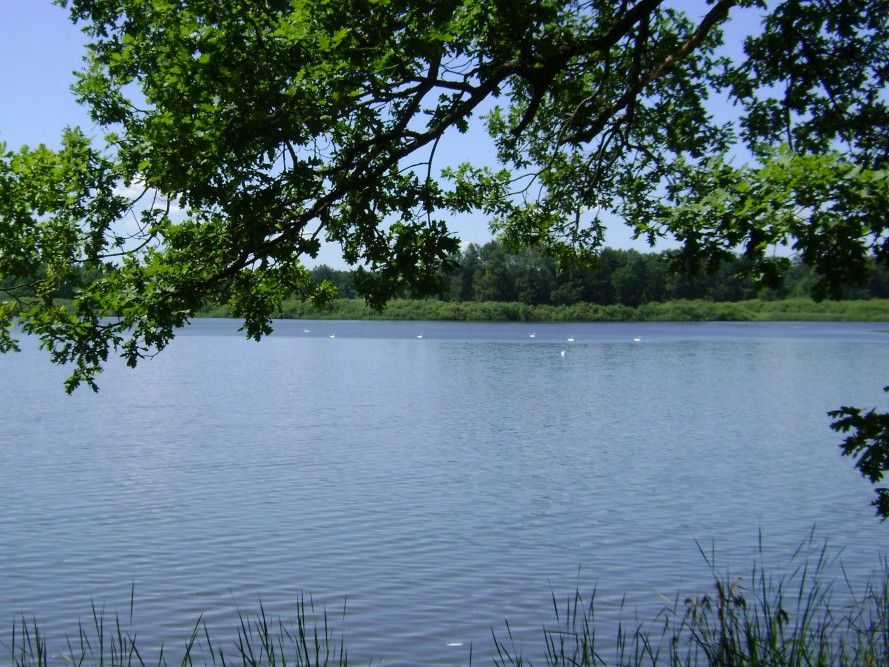Fishponds as models for exploring plankton diversity and dynamics of hypertrophic shallow lakes
Principal investigator: Jaroslav Vrba
(Co)investigator from the Department: Jaroslav Vrba
Funding provider: The Czech Science Foundation
Duration: 2017 to 2019
Project goals:
Aim of the project is to explore plankton diversity and dynamics, key players and their functional traits, and to estimate primary production, respiration, nutrient mobilisation, and production efficiency in the hypertrophic fishponds that allow refining and testing of general ecological hypotheses.
Project description:
Fishponds are semi-natural, man-controlled, shallow ecosystems used for fish production. Different management results in different ecological states that predestine the fishponds as unique model systems. Nutrient loads and fish overstock have led to fishpond hypertrophy; however, interactions in the plankton communities under such extreme conditions remain unexplored. We are lacking data on primary production, community respiration, diversity and functions of heterotrophic microbial food webs in eutrophic freshwaters, as well as about the effects of fish on their food web structure. We hypothesise that hypertrophic conditions result in net ecosystem heterotrophy, an increase in heterotrophic microbial biomass and nutrient mobilisation, and a decrease in net ecosystem productivity and cost effectiveness. Under the conditions of high (auto- and heterotrophic) microbial biomass, intensive photosynthesis and respiration processes cause ecosystem imbalances and low resource use efficiency that results in higher plankton (mainly microbial) diversity due to niche diversification.
